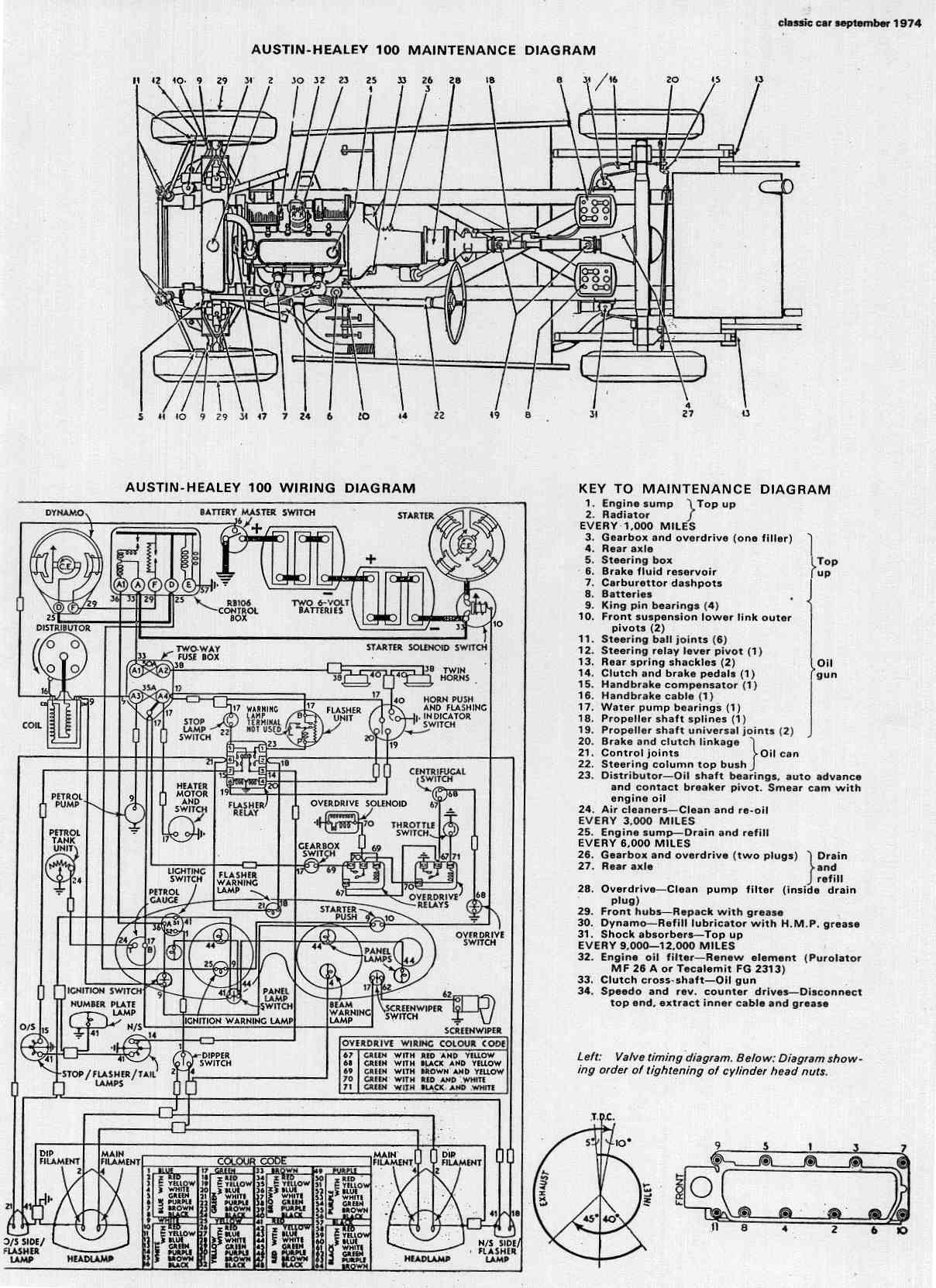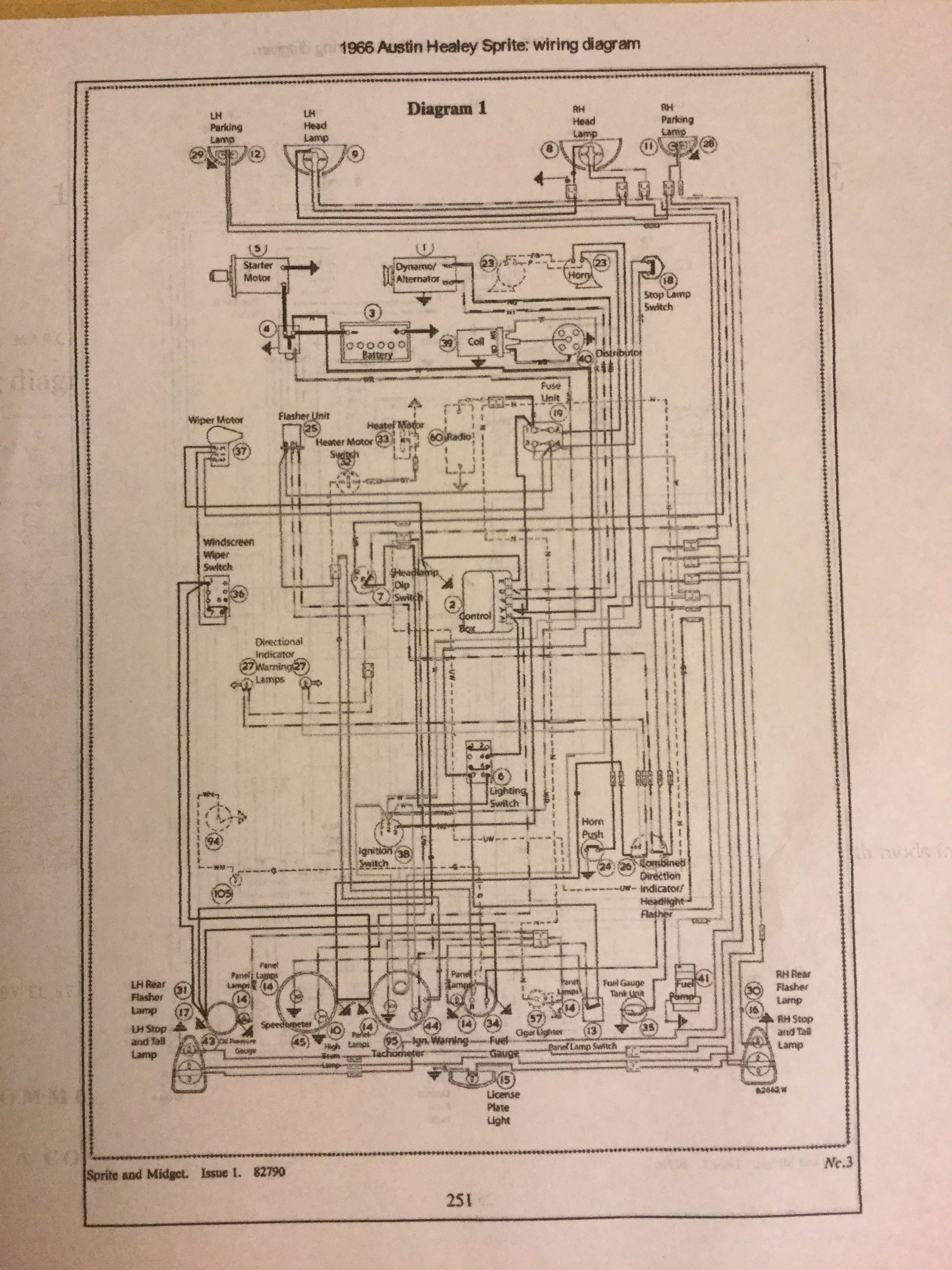When it comes to working on Austin Healey vehicles, having access to a comprehensive wiring diagram is essential. An Austin Healey Wiring Diagram provides a detailed schematic of the electrical system in the vehicle, showing how all the components are connected and powered. This invaluable resource helps mechanics and DIY enthusiasts understand the wiring layout and troubleshoot any electrical issues that may arise.
Why Austin Healey Wiring Diagrams are Essential
An Austin Healey Wiring Diagram is essential for several reasons:
- Helps identify the location of electrical components
- Shows the wiring connections between components
- Assists in diagnosing electrical problems
- Guides in performing electrical repairs and modifications
- Ensures proper installation of new electrical components
Reading and Interpreting Austin Healey Wiring Diagrams
Reading and interpreting an Austin Healey Wiring Diagram may seem daunting at first, but with a little practice, it becomes easier. Here are some tips to help you understand wiring diagrams effectively:
- Start by familiarizing yourself with the symbols used in the diagram
- Follow the wiring paths and connections from one component to another
- Pay attention to color codes and labels for wires and components
- Refer to the legend or key for explanations of symbols and abbreviations
Using Austin Healey Wiring Diagrams for Troubleshooting
An Austin Healey Wiring Diagram is a valuable tool for troubleshooting electrical problems in the vehicle. Here’s how you can use it effectively:
- Identify the specific circuit or component related to the issue
- Trace the wiring to check for any damaged or broken connections
- Use a multimeter to test for continuity and voltage at various points in the circuit
- Refer to the wiring diagram to understand how the components are supposed to work together
Safety Tips for Working with Austin Healey Wiring Diagrams
When working with electrical systems and using wiring diagrams, it’s crucial to prioritize safety. Here are some important safety tips and best practices to keep in mind:
- Always disconnect the battery before working on the electrical system
- Use insulated tools to prevent electrical shock
- Avoid working on the vehicle in wet or damp conditions
- Double-check all connections before reassembling components
- If you’re unsure about a particular wiring diagram or electrical repair, seek professional help
Austin Healey Wiring Diagram
Austin Healey Bn2 Wiring Diagram

Austin Healey Wiring Diagram Database

Austin Healey Mk4 Wiring Diagram

1966 Austin Healey 3000 Wiring Diagram – Wiki Blog 22

Austin Healey 3000 Trunk Wiring Harness NOS – Sports & Classics

Austin Healey Mk4 Wiring Diagram
